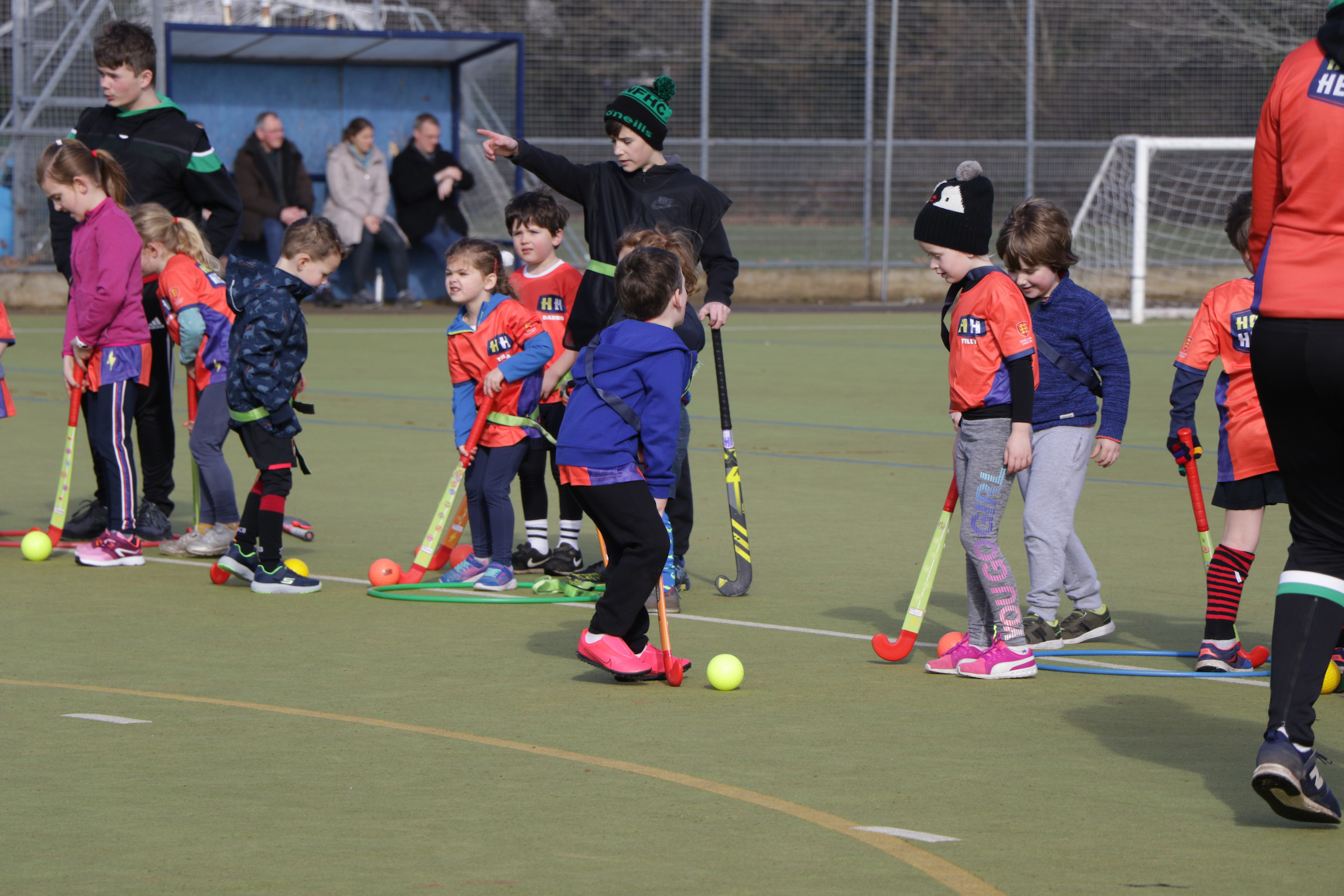Our recent piece with a school hockey coach and club coaching director prompted a wealth of response.
Here, we collate some of our readers’ reactions and offer their own thoughts on how to avoid mismatches at junior level.
At the youngest levels in Spain, we play four quarters per match. Each quarter is either won, drawn or lost. Whoever scores the most goals in a quarter wins that quarter and is awarded 1 goal. If a quarter is drawn, neither team is awarded a goal. At the end of the day, the worst result a team can suffer is a 4-0 defeat. However, if they can survive just one quarter without conceding a goal, this reduces to 3-0 and (the weaker team) feel like they have achieved something.
Paul Gregson
There is no greater demotivator than a child going into School on a Monday morning and having to tell their friends that they were beaten 21-nil on Saturday. When umpiring junior matches I never let the score go to more than 5-0 but I was sometimes hard pressed to find reasons to disallow goals. These types of matches do not benefit either side. It is better for the coach to revert to a spell of keeping possession rather than racking up goals against a ‘soft’ opposition.
Roy Rodger
In summary, clubs need to be honest about the strength of their squad when they enter competitions. I also think EH need to police entries, big clubs with a strong track record in junior hockey should be entering Tier 1
William Heywood
The problem is complicated by playing in leagues where points and goals become significant.If games at this level are played as friendly then coaches can manage the game better. Even finishing the original game early and mixing the sides up. Better to communicate with the other club and gauge their strength. Give opportunities to lower ranked players who always train but don’t make the team. With rolling subs as well there is no need to crush the opponent.
Guy Robins
There’s a lot of comments about not letting the score get away from a team. However, playing against a team that you know aren’t trying to score is even more damaging. It robs children of potential development opportunities. However, the coach in the most important person in ensuring a positive outcome
Chris Bond
Spot on from Pete. Far too many instances over the last 2-3 seasons of clubs racking up 20+ score lines, to what end? I would love to see coaches come together and go through ideas as to how everyone can still get something out of the game as it can’t be fun for either side.
Mark Robinson
In the Juniors, GD is currently limited to a max of 8 but many coaches are unaware of or disregard the rules! In London junior leagues, if a team is clearly in the wrong tier, they are moved as soon as practicable into the correct one so that all teams have a better experience.
Judith Jones





For me the solution is reasonably simple: play classification/grading tournaments in the first weekend of the season. They are short formats so no one team can build up a cricket score. Construct the classification tournaments in such a way that in highly competitive counties like Surrey, there are opportunities to get relegation/promotion just in case the short-form tournaments create shocks.
Classification tournaments will get rid of the anomalies whereby clubs and in particular schools can self-select their tier levels just so they can win a trophy (for marketing purposes in the case of many schools)!
“When umpiring junior matches I never let the score go to more than 5-0 but I was sometimes hard pressed to find reasons to disallow goals.” – this is probably the worst way to handle uneven matches. It gives players the signal that rules are subject to negotiation/the circumstances of a match and that umpires can chose how/when/if they want apply them. You ought to adapt umpiring to skills levels of individual players, e.g. what is deliberate and what not, but not selectively (dis)allow goals because the score is too high. It also robs the better team of development opportunities. Far better to stop the game, have a chat with coaches/managers and then see if players can be swapped, conditions be imposed etc.
Bjorn is spot on – umpires of junior hockey sometimes forget they are in control of the match not the coaches or team managers. If a coach or TM is not playing to the spirit or rules of the league then the umpire can and should stop the game and require changes be made to team selection
Adrian Darley
London Hockey Junior Coordinator
In west country junior rugby where there are no league structure we speak to the team coaches is the game is becoming a slaughter and award the win to the team that is 21-0 up or similar and then turn the rest of the time into a training session.